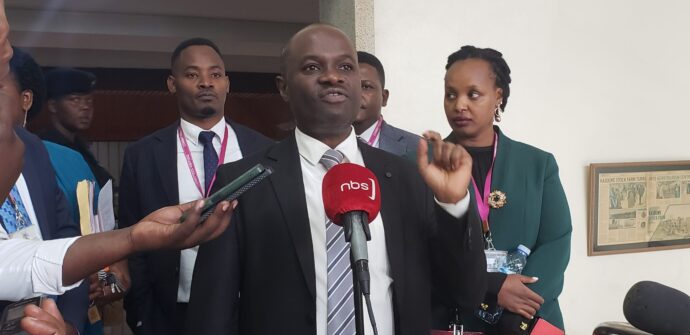
By Julius Adiga
The government has issued a strong warning to money lenders, urging them to stop accepting national identity cards as collateral for loans. This warning was conveyed to Parliament by the Minister of State for Internal Affairs, Gen. David Muhoozi.
In his statement, Muhoozi condemned the practice as “deplorable” and emphasized that it must be halted immediately. He explained that confiscating national identity cards as security for loans violates the dignity of citizens and undermines the intended use of these important documents.
“The Government of Uganda is fully committed to protecting the rights and dignity of our citizens by ensuring that their national identity cards remain in their possession and are used solely for their intended purposes,” Muhoozi stated. He called on citizens to cooperate by refusing to surrender their IDs to lenders and urged those affected to report cases to authorities for intervention.
Muhoozi outlined the severe consequences that arise when individuals lose access to their national IDs, including being unable to open bank accounts, access government services, or verify their identity in essential situations. He noted that vulnerable groups—particularly the poor, elderly, and uneducated—are disproportionately affected by this exploitative practice.
“Confiscating IDs opens the door to exploitation and abuse. Those unable to repay their loans face harassment, intimidation, and further financial extortion, which deepens poverty and stifles community development,” Muhoozi warned.
He also stressed that the confiscation of national identity cards contradicts legal protections, citing Article 29(2)(c) of the Constitution, which guarantees every Ugandan the right to a passport or other travel document, including the national ID. The law, he noted, prohibits anyone from depriving a person of their national ID.
To address the issue, the government plans to strengthen its legal framework and collaborate with key stakeholders, including financial institutions, political leaders, civil society, and community leaders, to end this illegal practice. This will involve continued dialogue and consultations aimed at identifying and tackling the root causes of the problem.




